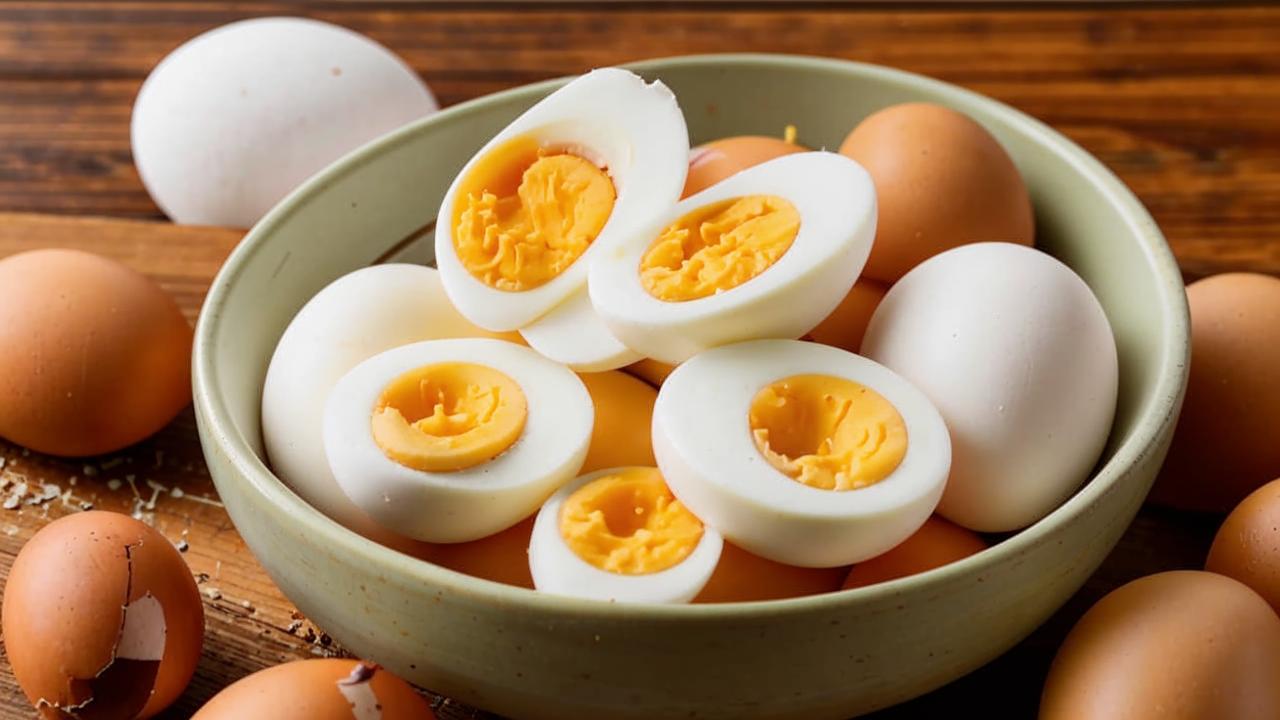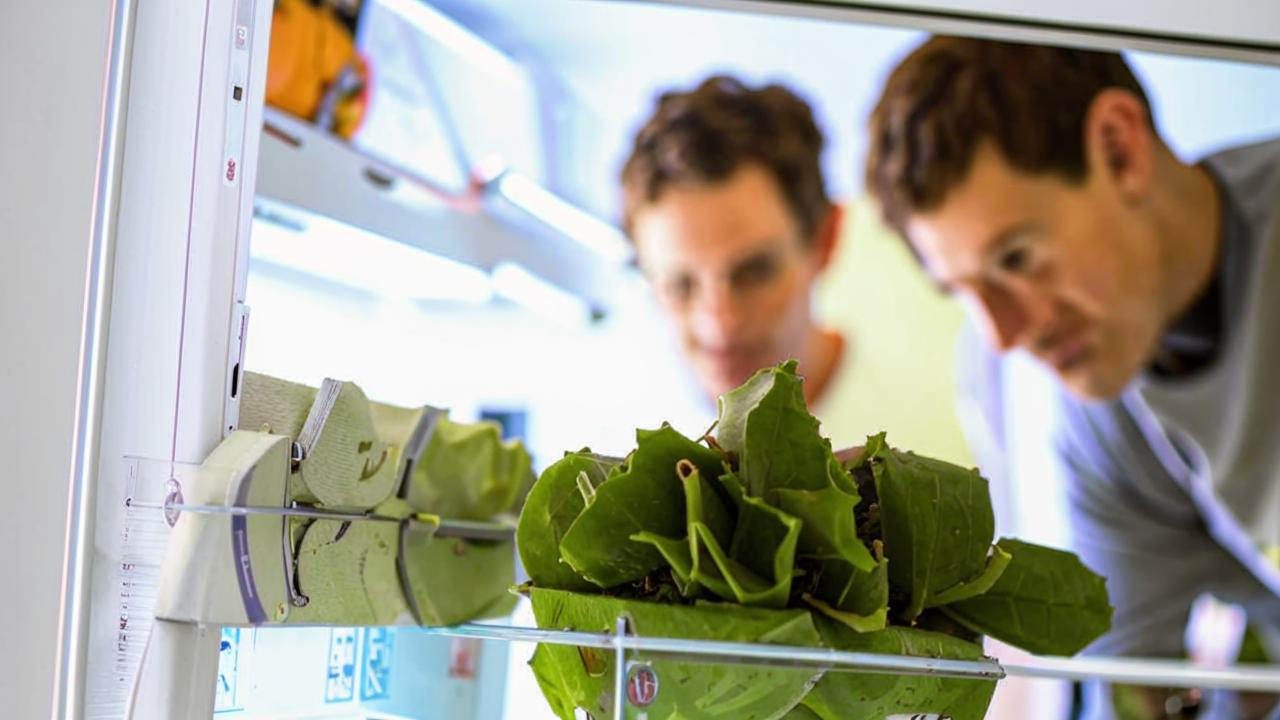Eggs are a treasure trove of nutrients. They are rich in protein, fat, vitamins, minerals and antioxidants. However, it is a perishable product, so it should be stored under certain conditions.
Health benefits of eggs
Eggs contain protein, which is necessary for muscles, normal production of hormones, enzymes. The nutrient in the composition of the product is easily digested and contains all the important amino acids for the body. This nutrient composition helps to control appetite, which contributes to a feeling of satiety and reduces cravings for food.

endocrinologist, nutritionist at Medical On Group (Medscan Group) clinic in the city of Podolsk
“The product is rich in vitamins and minerals, including vitamins D, B12, iron and zinc. These elements play a key role in maintaining healthy bones, blood, and immune system.”
Egg yolk is rich in choline, which is essential for brain and nervous system health, the formation of new cells, and the transmission of nerve impulses.

Meanwhile, quail eggs contain more iron and magnesium. These substances are important for the cardiovascular system, maintaining normal blood pressure levels, oxygen metabolism, tissue growth and immunity.
Health Risks
Despite all the benefits, eggs should be consumed with caution. We are talking about a raw or undercooked product – this increases the risk of contracting pathogens such as salmonella.
How many eggs can I eat per day?
You can eat one to two chicken eggs or three to four quail eggs per day. If you have high cholesterol, you should reduce the number to three or four per week. It is also recommended to refuse to use the product in fried form.

Storage conditions of eggs
The most optimal place for storage is the refrigerator. Not in the door, as many are used to, but on the shelf. This will avoid temperature fluctuations.
The shelf life of the product increases at a temperature of 0 to -2 degrees and humidity of 85-88%.
Eggs are better left in their original packaging. This method of storage reduces water loss and protects the product from foreign odors.

Before putting eggs in the refrigerator, you should not wash them. The protective film on the surface contributes to a longer preservation of the freshness of the product. Do this immediately before cooking – this will minimize the risk of infection with various pathogens.
It is not allowed to store eggs with broken shells.
Shelf life of eggs
Storage time depends on the temperature and the type of product.
So, at a temperature of 0 to 20 degrees, dietary eggs can be stored no more than seven days, table eggs – no more than 25 days. From 0 to -2 degrees – up to 90 days. Washed eggs spoil faster, so they can be kept in the refrigerator for no more than 12 days.

Boiled eggs with a whole shell are stored up to 14 days, and at room temperature – only two days.
Remember that the shelf life of an egg starts from the date it was laid, not the sorting date on the packaging.
How do I check the freshness of eggs?
When buying, first of all pay attention to the expiration date. By appearance, it is almost impossible to determine the freshness of the product. However, there is a well known to many a flyhack: lower the eggs in a container with cool water. Eggs that are fit to eat will remain at the bottom of the bowl, while expired eggs will float to the surface due to the large air chamber formed in their base.

You can also recognize expired eggs by smell and appearance. The yolk should be convex, the albumen should be dense, transparent and odorless. Additional inclusions – blood spots, rings – indicate a defect.
Tips when buying eggs
The following points should be taken into account when choosing a product:
- Choose eggs with clean, undamaged shells.
- Consider the expiration date when buying eggs.
- Do not buy eggs in advance, buy the amount that suits your diet.





